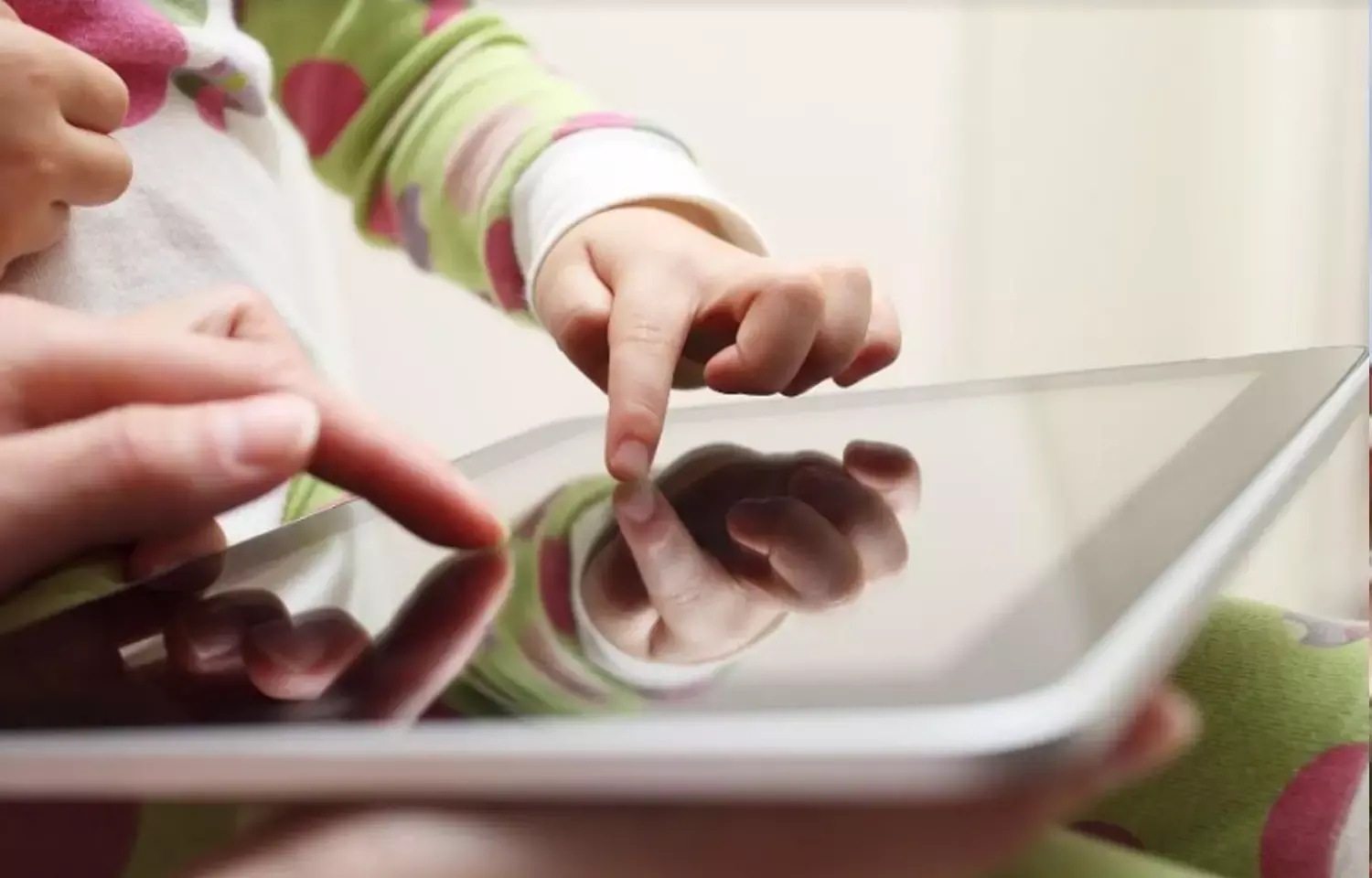- Home
- Medical news & Guidelines
- Anesthesiology
- Cardiology and CTVS
- Critical Care
- Dentistry
- Dermatology
- Diabetes and Endocrinology
- ENT
- Gastroenterology
- Medicine
- Nephrology
- Neurology
- Obstretics-Gynaecology
- Oncology
- Ophthalmology
- Orthopaedics
- Pediatrics-Neonatology
- Psychiatry
- Pulmonology
- Radiology
- Surgery
- Urology
- Laboratory Medicine
- Diet
- Nursing
- Paramedical
- Physiotherapy
- Health news
- Fact Check
- Bone Health Fact Check
- Brain Health Fact Check
- Cancer Related Fact Check
- Child Care Fact Check
- Dental and oral health fact check
- Diabetes and metabolic health fact check
- Diet and Nutrition Fact Check
- Eye and ENT Care Fact Check
- Fitness fact check
- Gut health fact check
- Heart health fact check
- Kidney health fact check
- Medical education fact check
- Men's health fact check
- Respiratory fact check
- Skin and hair care fact check
- Vaccine and Immunization fact check
- Women's health fact check
- AYUSH
- State News
- Andaman and Nicobar Islands
- Andhra Pradesh
- Arunachal Pradesh
- Assam
- Bihar
- Chandigarh
- Chattisgarh
- Dadra and Nagar Haveli
- Daman and Diu
- Delhi
- Goa
- Gujarat
- Haryana
- Himachal Pradesh
- Jammu & Kashmir
- Jharkhand
- Karnataka
- Kerala
- Ladakh
- Lakshadweep
- Madhya Pradesh
- Maharashtra
- Manipur
- Meghalaya
- Mizoram
- Nagaland
- Odisha
- Puducherry
- Punjab
- Rajasthan
- Sikkim
- Tamil Nadu
- Telangana
- Tripura
- Uttar Pradesh
- Uttrakhand
- West Bengal
- Medical Education
- Industry
Toddlers who use touchscreens may be more distractible

Toddlers with high daily touchscreen use are quicker to look at objects when they appear and are less able to resist distraction compared to toddlers with no or low touchscreen use - according to new research from Birkbeck, University of London, King's College London and University of Bath.
The research team say the findings are important for the growing debate around the role of screen time on toddlers' development especially given the increased levels of screen time seen during the COVID-19 pandemic.
Lead researcher Professor Tim Smith, from Birkbeck's Centre for Brain and Cognitive Development, said: "The use of smartphones and tablets by babies and toddlers has accelerated rapidly in recent years. The first few years of life are critical for children to learn how to control their attention and ignore distraction, early skills that are known to be important for later academic achievement. There has been growing concern that toddler touchscreen use may negatively impact their developing attention but previously there was no empirical evidence to support this."
To provide such evidence, Professor Smith's TABLET Project, at Birkbeck's Centre for Brain and Cognitive Development, recruited 12-month-old infants who had different levels of touchscreen usage. The study followed them over the next 2.5 years, bringing them into the lab three times, at 12 months, 18 months and 3.5 years. During each visit the toddlers took part in computer tasks with an eye-tracker to measure their attention. Objects appeared in different screen locations. How quickly toddlers looked at the objects and how well they could ignore distracting objects were measured.
Professor Smith states: "We found that infants and toddlers with high touchscreen use were faster to look at objects when they appeared and were less able to ignore distracting objects compared to the low users."
Dr Ana Maria Portugal, main researcher on the project points out "We are currently unable to conclude that the touchscreen use caused the differences in attention as it could also be that children who are more distractible may be more attracted to the attention-grabbing features of touchscreen devices than those who are not."
Co-investigator Dr Rachael Bedford, from the Department of Psychology at University of Bath commented: "What we need to know next is how this pattern of increased looking to distracting objects on screens relates to attention in the real-world: is it a positive sign that the children have adapted to the multitasking demands of their complex everyday environment or does it relate to difficulties during tasks that require concentration?"
https://www.nature.com/articles/s41598-021-81775-7
Hina Zahid Joined Medical Dialogue in 2017 with a passion to work as a Reporter. She coordinates with various national and international journals and association and covers all the stories related to Medical guidelines, Medical Journals, rare medical surgeries as well as all the updates in the medical field. Email: editorial@medicaldialogues.in. Contact no. 011-43720751
Dr Kamal Kant Kohli-MBBS, DTCD- a chest specialist with more than 30 years of practice and a flair for writing clinical articles, Dr Kamal Kant Kohli joined Medical Dialogues as a Chief Editor of Medical News. Besides writing articles, as an editor, he proofreads and verifies all the medical content published on Medical Dialogues including those coming from journals, studies,medical conferences,guidelines etc. Email: drkohli@medicaldialogues.in. Contact no. 011-43720751


